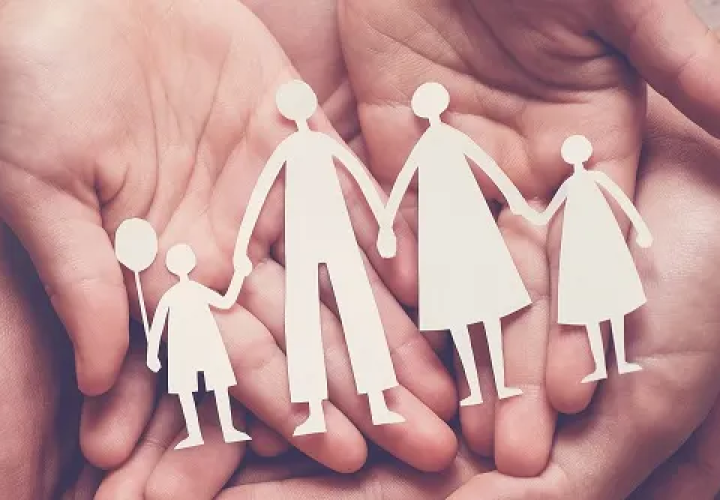Reasons for Expected Rise in Violence During COVID-19
Intimate partner violence includes physical, emotional, sexual, financial, and technology-related abuse. As families continue to spend more time at home due to stay-at-home orders, school closures and summer break, for many this means being trapped with a violent partner and/or parent. As stress levels increase due to employment challenges, financial issues and the fear and uncertainty that accompany the pandemic, there is less access to social support, reduced opportunities for stress relief and recreation, and also fewer opportunities to access community-based resources for victims of violence.
IPV and child maltreatment are public health crises. Data show that an estimated 1 in 3 women and 1 in 7 men will fall victim to violence by a current or former partner in their lifetime and that an estimated 15.5 million children lived in homes where IPV occurred within the past year. We know that IPV and child maltreatment occur in the same households more than 50% of the time.
When stay-at-home orders took effect in mid-March and schools closed, calls to the Connecticut Department of Children and Families (DCF) Careline dropped significantly compared to the weeks immediately prior to the pandemic, as did reports of suspected child abuse or neglect. Much of this decrease can be attributed to school personnel, who are mandated reporters, no longer interacting with children.
>Drs. Hunter, DiVietro and Beebe published a guest blog on this topic in the American Public Health Association’s Public Health Newswire.
